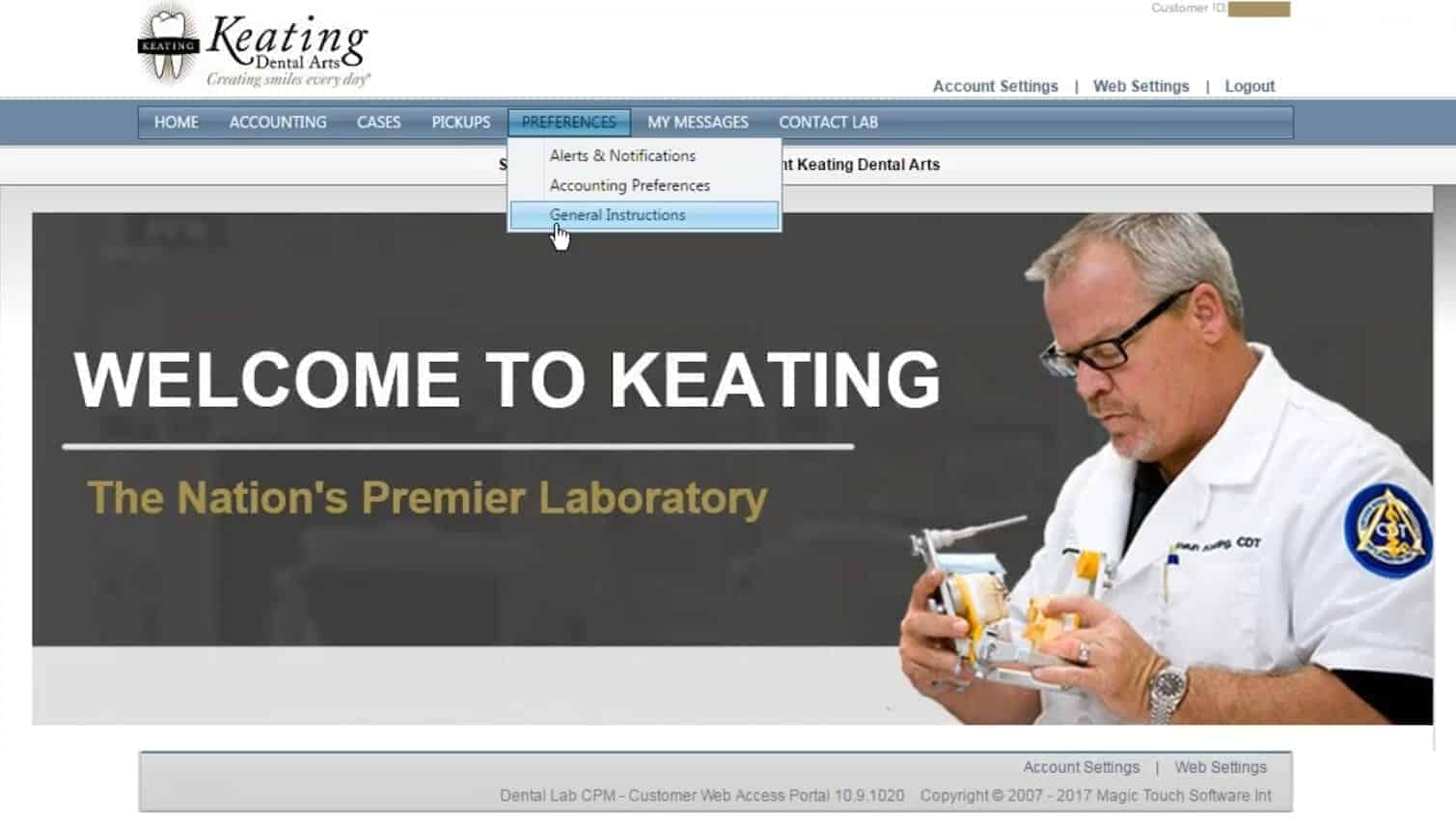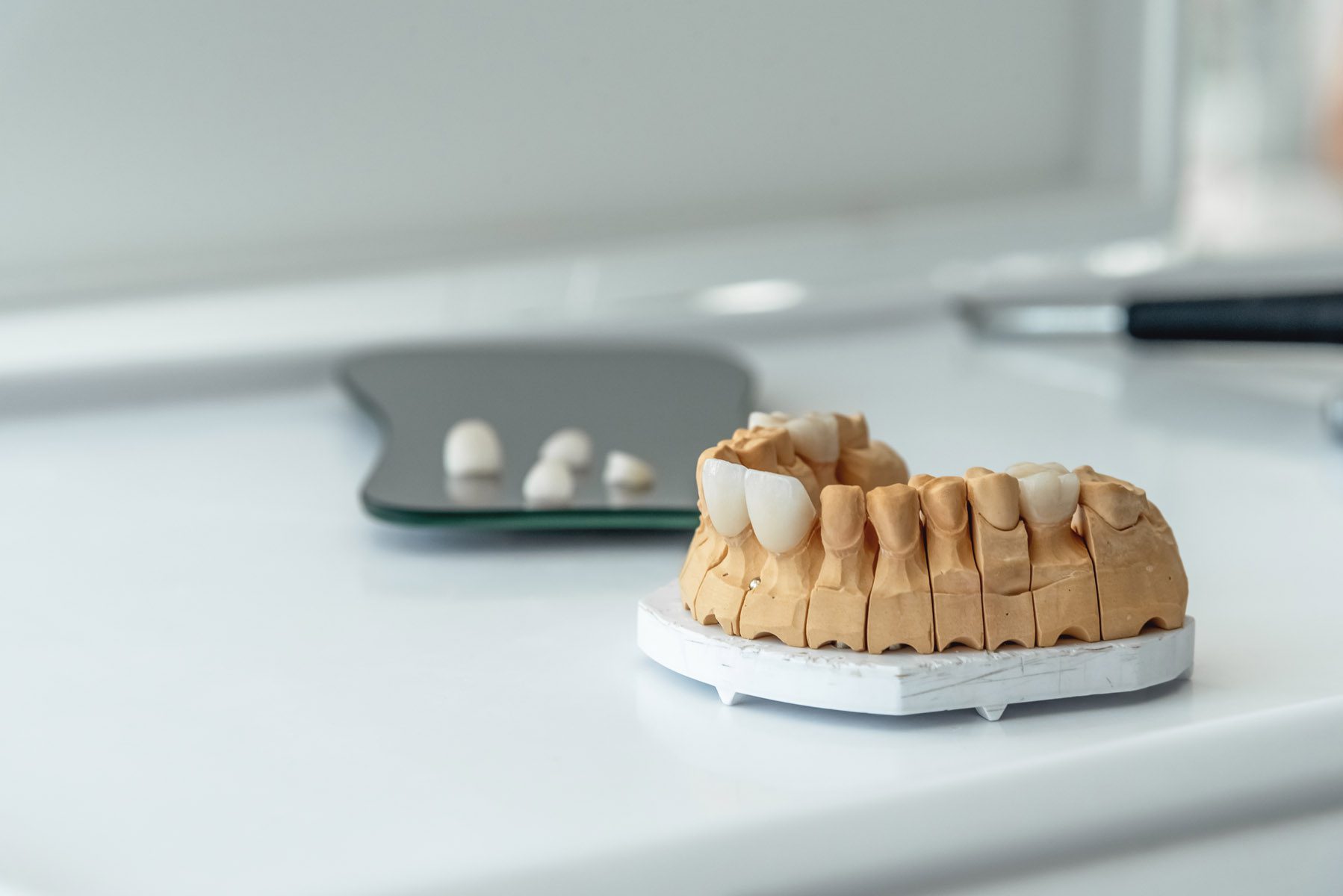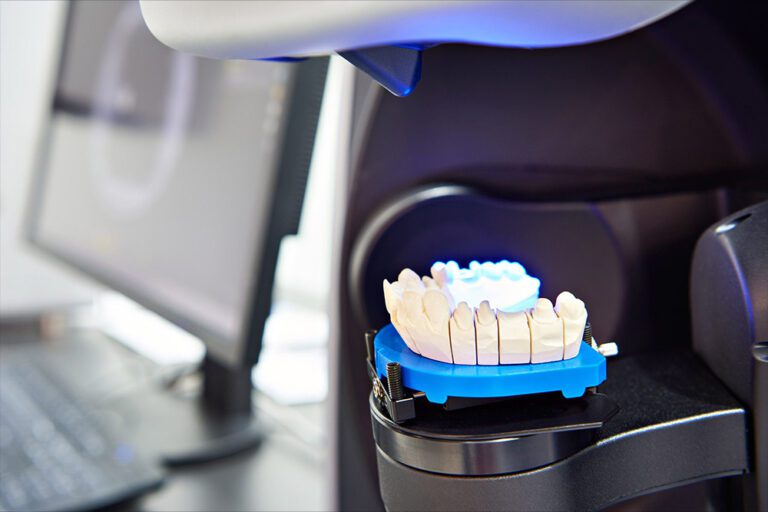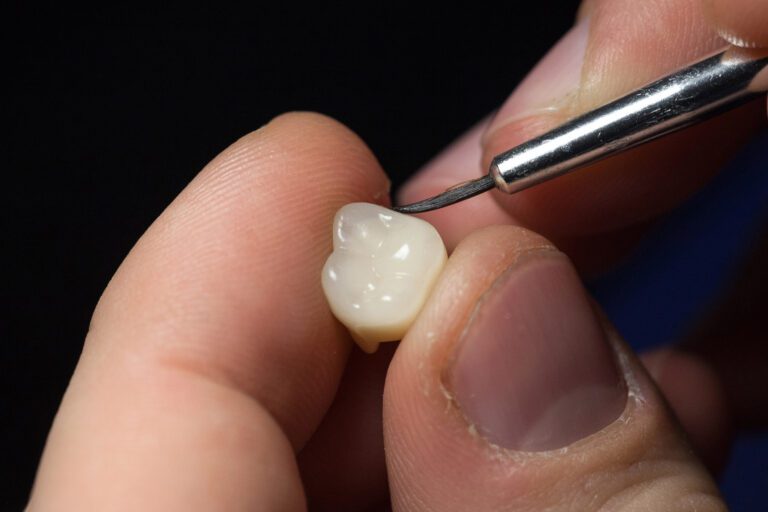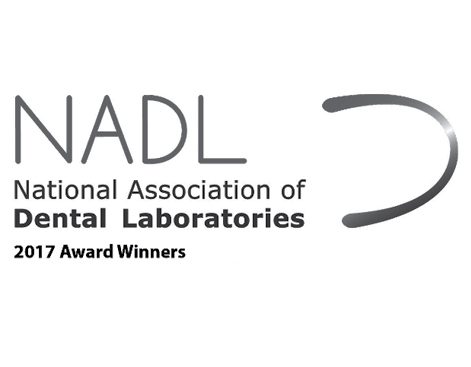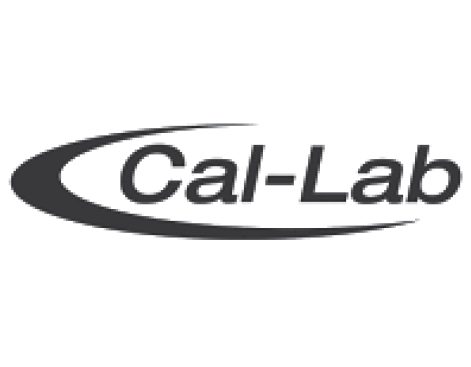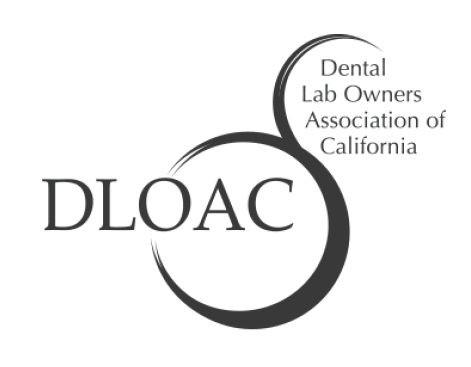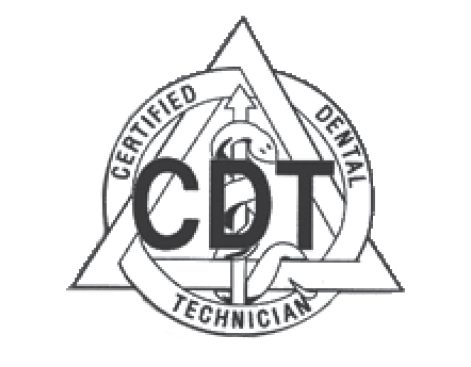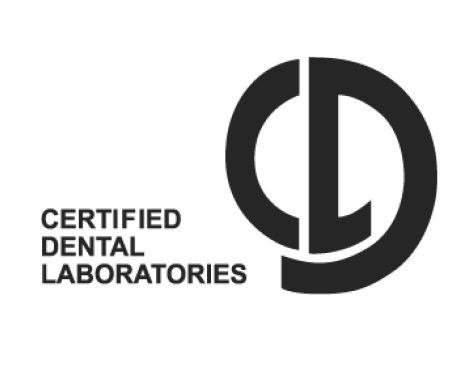In dentistry, private information such as patient names, health histories, addresses, birthdates, banking information, and social security numbers, are all stored in a database. As a result of reliance on technology and electronic data, companies are vulnerable to cyber security threats, which makes keeping patient information secure an increasingly vigilant task.
A study from Dentistry IQ shares, “Healthcare organizations make up roughly 33% of all data security breaches across all industries,” making dental offices a huge target when it comes to cyber hackers.
Why Dentists Need to Be Concerned with Information Security
Unlike hospitals, banks, or other large corporations, dental offices are commonly private or smaller practices. Many hackers target dental offices because they believe smaller businesses don’t have the resources for advanced security devices and firewalls, making the system much easier to break into.
According to the U.S. Department of Health and Human Services, “almost 21,000,000 health records have been compromised since September 2009, with more than half of the compromised records coming from organizations with fewer than 1,000 employees.”
While a lot of security breaches are the result of online hackers, a portion of breaches are the result of unauthorized access or disclosure of data that comes directly within the office.
HIPAA and Patient Information Security
The Health Insurance Portability and Accountability Act (HIPAA) requires health care providers to keep all patient information private and to take security measures to make sure information is not accessible to unauthorized employees.
Monetary penalties for HIPAA violations can reach $50,000, which is why it is crucial for dental offices to take extra precautions when it comes to keeping patient information secure at their dental practice.
What precautions should dental offices take to make sure their patient’s information is safe and secure from any potential cybercriminals or break-ins?
- Have a policy for safeguarding patient information
- Prohibit staff members from visiting Internet sites that aren’t work-related
- Keep all firewalls, operating systems, and software devices are up-to-date
- Make sure wireless networks are shielded from public view
- All technology is password protected
- Shred all hard copy patient documentation
- Make sure dental practice is HIPAA compliant
With all of the risks associated with cybersecurity, many dental practices look to cyber insurance for protection in the event of a breach.
Insurance policies cover the cost of investigating a break into the system, compensate the insured for all penalties imposed, and fund all related lawsuits and legal fees. If an incident were to occur, it’s important that dental practices have the proper procedures set in place.
It’s easy to believe that a hack could never happen, but that’s not always the case. In 2018, it’s important to make this a priority! By implementing these security measures into your dental office, you can ensure a safer environment for your patients.
Recommended Reading:
- Management Of Dentin Hypersensitivity By National Dental PBRN
- Local SEO Tips for Dentists
- Digital Denture Protocol
Using Keating’s Secure Customer Portal
The Customer Portal is the one-stop shop for all your laboratory needs! From case tracking, photo uploads, scheduling pickups and ordering supplies to communicating with the lab, managing accounting, and notifications Keating makes it easy to keep updated with your dental account from anywhere in the United States. Communication is only the beginning of collaboration and the Customer Portal serves as an excellent tool for dentists and the laboratory when it comes to working on cases nationwide.
